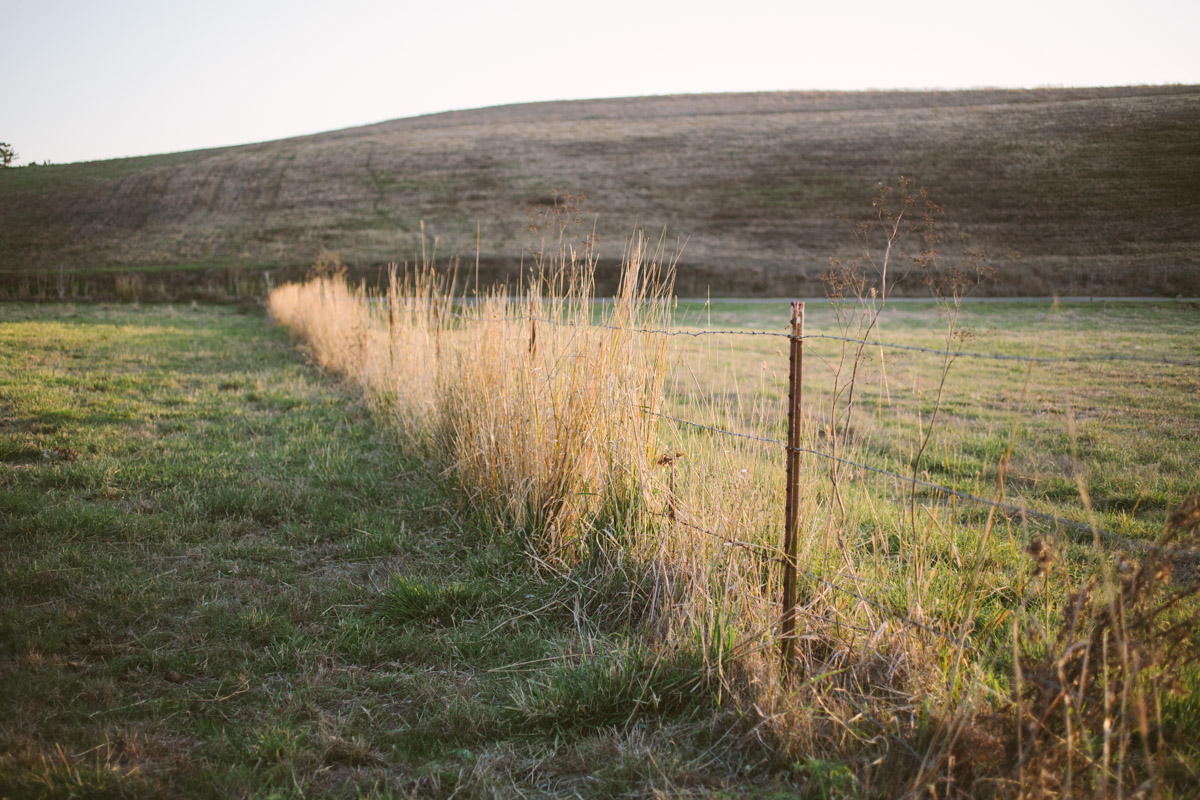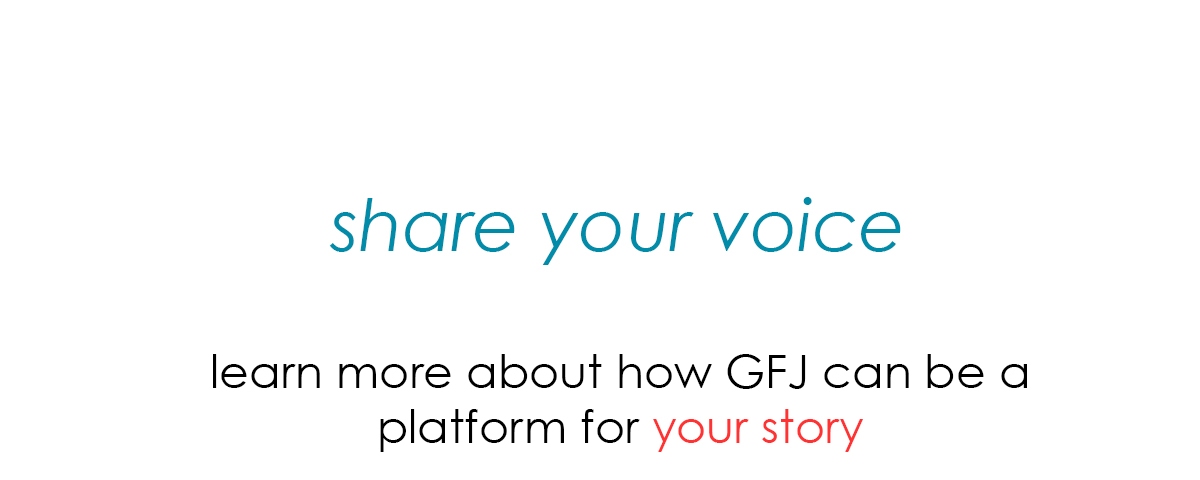|
IN MY 20'S ...
I realized that perfection was not a goal to strive for, but a learned pathway that appeared to make me ambitious and capable, while actually causing me harm.
In 2020 (closer to the age of 40 - and let me just say a little prayer of gratitude for the opportunity to grow older and wiser) I realized that perfectionism was not only doing me harm, it was doing harm to those I loved and to people I've never met. (Credit for this revelation goes to Tema Okun's Characteristics of White Supremacy Culture, a resource I have not left home without ever since.)
In between those two realizations, we planted the seeds of GFJ expressly to do something a little different - a 'backward' business guided by our true values, rather than what others defined as worthwhile or possible. We didn't believe it was a perfect answer, it was simply...our answer.
The more effort we have put toward centering those values and making policy changes that reflect what matters to us...the more we have been accused of imposing our idea of a 'perfect' solution onto employers. This has never been more true than with our policy changes around compensation.
We are less than two months into the first year when ALL good food jobs pay at least $15/ hour, not including tips, non-monetary compensation, or the value of other benefits. Since we started this process gradually - eliminating unpaid internships, then requiring that federal/state minimum wages be upheld by all employers, then raising that minimum to $10 an hour last year - we've been aware of a troubling dichotomy: the effort to promote living wages directly conflicts with supporting small farms and restaurants - two businesses that are essential to our personal and professional lives.
It feels at times like we are stuck in a trap of our own making, fielding emails from employers who are appalled by the changes, and flabbergasted that we think it will make any difference on the larger problems of racism and agriculture in the United States - that in fact, they make things worse, particularly for small farms and restaurants who are struggling to exist within fundamentally flawed systems.
The status quo is intolerable, but change feels impossible. How do you move forward with that? There is one thing we're sure of: thinking like a perfectionist will not help. We're learning that part of what makes fighting for equity hard is that none of it is about perfection.
So just for the record: we don't think the solution of higher wages is perfect. But it is the step that we are taking right now. In the process, we're keeping our eyes, ears, and hearts open, continually looking backward to all those who came before us, made history, and left behind a legacy that we can (imperfectly) try to pick up and walk forward with. More on that in the coming weeks.
Imperfectly yours,
Tay + Dor
photo by Christine Han
|

